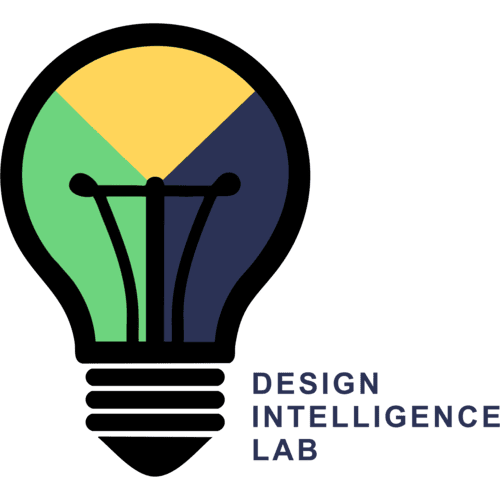Abstract
In model-based reflection, an agent contains a model of its own reasoning processes organized via the tasks the agents must accomplish and the knowledge and methods required to accomplish these tasks. Utilizing this self-model, as well as traces of execution, the agent is able to localize failures in its reasoning process and modify its knowledge and reasoning accordingly. We apply this technique to a reinforcement learning problem and show how model-based reflection can be used to locate the portions of the state space over which learning should occur. We describe an experimental investigation of model-based reflection and self-adaptation for an agent performing a specific task (defending a city) in a computer war strategy game called FreeCiv. Our results indicate that in the task examined, model-based reflection coupled with reinforcement learning enables the agent to learn the task with effectiveness matching that of hand coded agents and with speed exceeding that of non-augmented reinforcement learning.
Using Model-Based Reflection to Guide Reinforcement Learning
